Major media organizations such as the News Media Alliance, which groups nearly 2,000 publications in the US, and the European Publishers Council have argued for a framework that would allow media companies to “mutually negotiate” with AI model operators regarding the exploitation and use of copyrighted intellectual property.
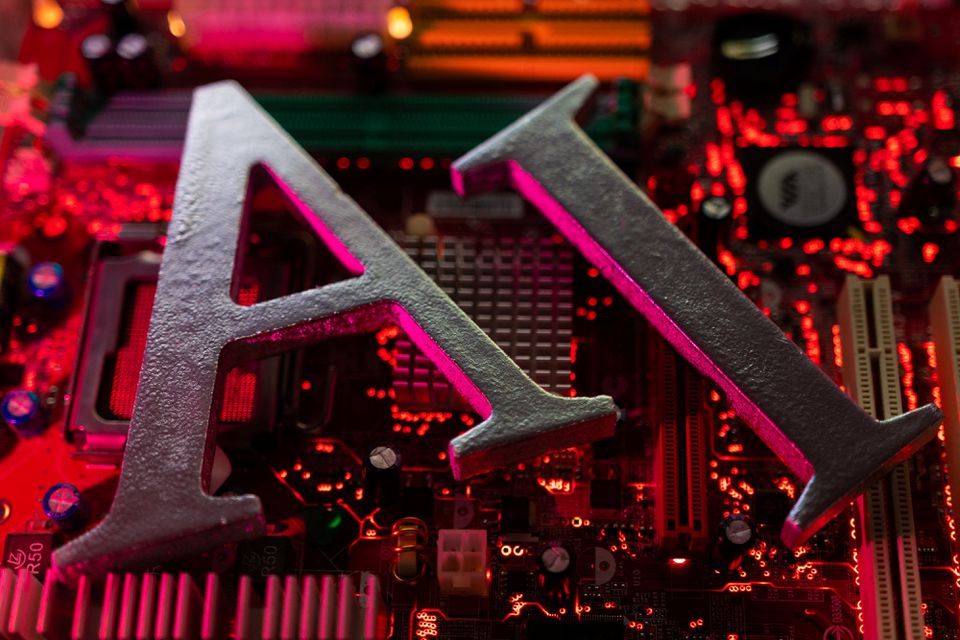
Photo: Reuters
“Generative AI and large language models… often disseminate such content and information to users without reference or credit to the original creators. These practices undermine the core business models of the media industry,” the letter reads.
Services like OpenAI's ChatGPT and Google's Bard have led to a surge in chatbot-generated online content, and several industries are assessing the impact of the AI boom on their businesses.
Most apps do not disclose the input data sets they used to train their models, only saying that they use datasets consisting of billions of pieces of information scraped from the internet for training, including content from news websites.
Countries around the world are still considering rules to govern the use of AI. The United States is considering a bill this year called the Journalism Competition and Preservation Act, which would allow broadcasters and news publishers with fewer than 1,500 full-time employees to jointly negotiate advertising rates with Google and Facebook.
Meanwhile, news companies are also starting to experiment with generative AI applications and negotiating deals with tech companies to exchange their content repositories for training a private generative AI model.
The Associated Press (AP) has signed an agreement with OpenAI to license access to part of its archive in exchange for using the company's general AI technology in some of its news and business operations.
Hoang Ton (according to Reuters)
Source










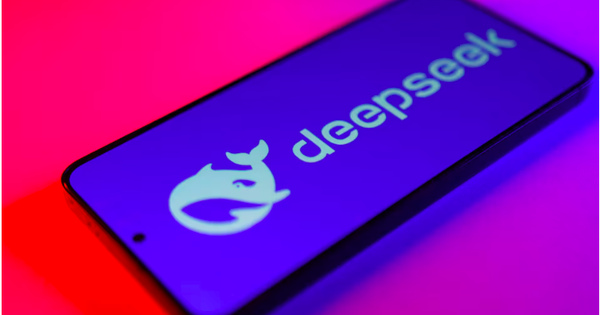

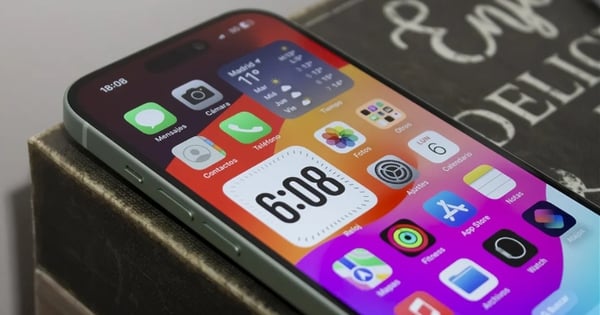

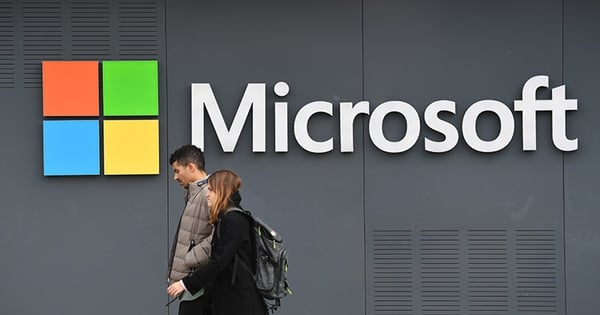
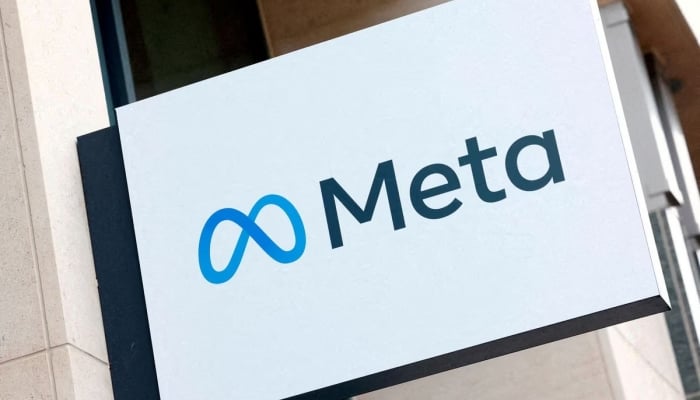
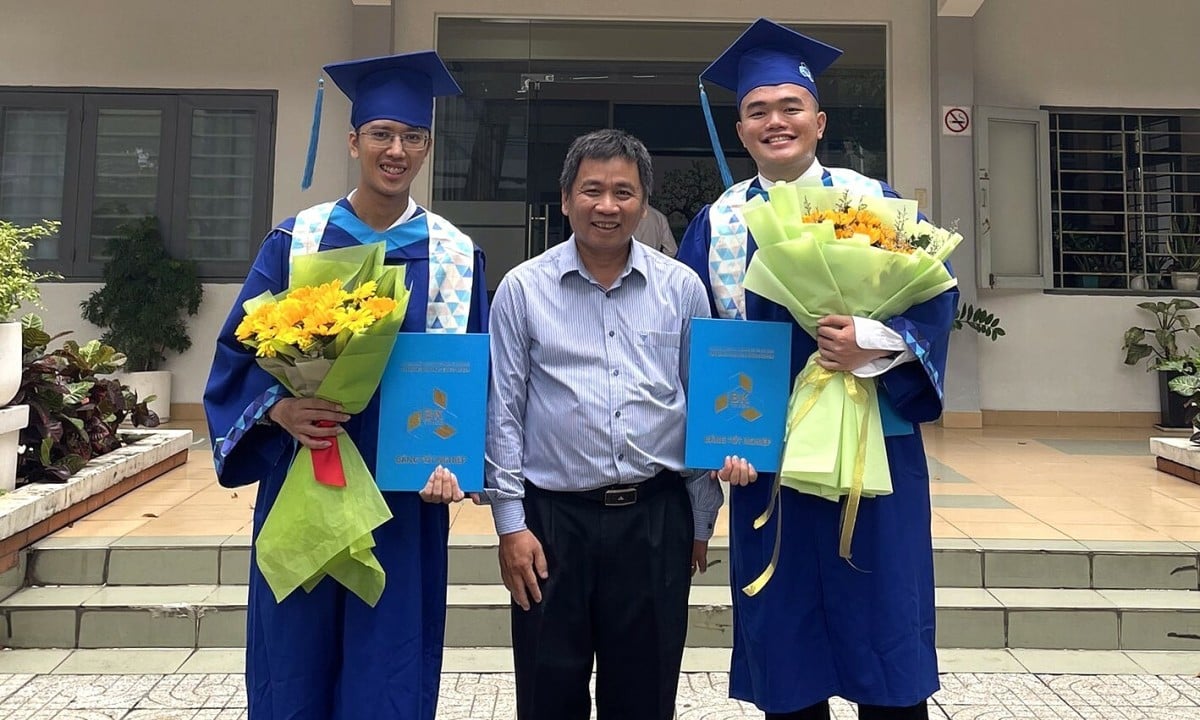



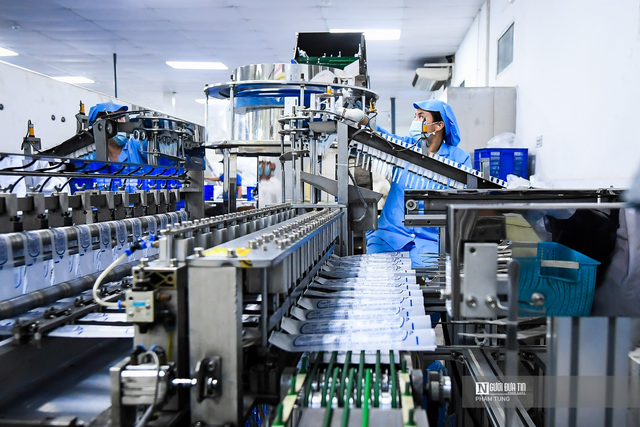

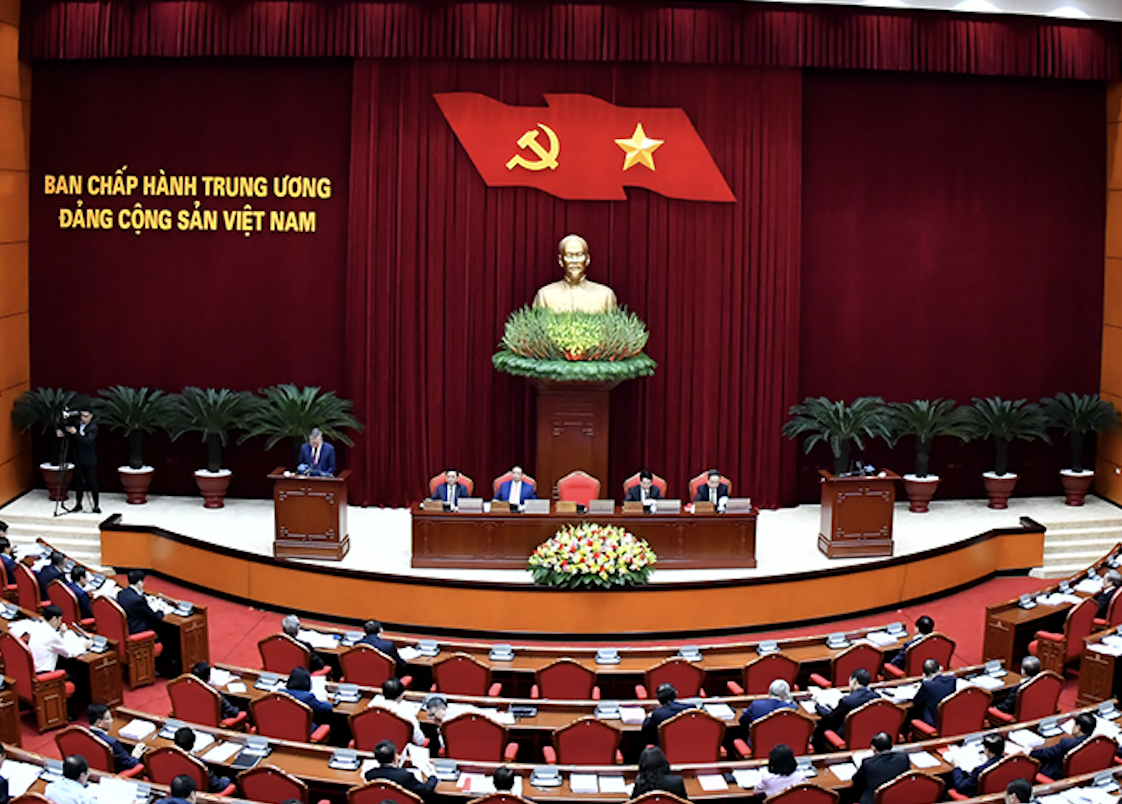


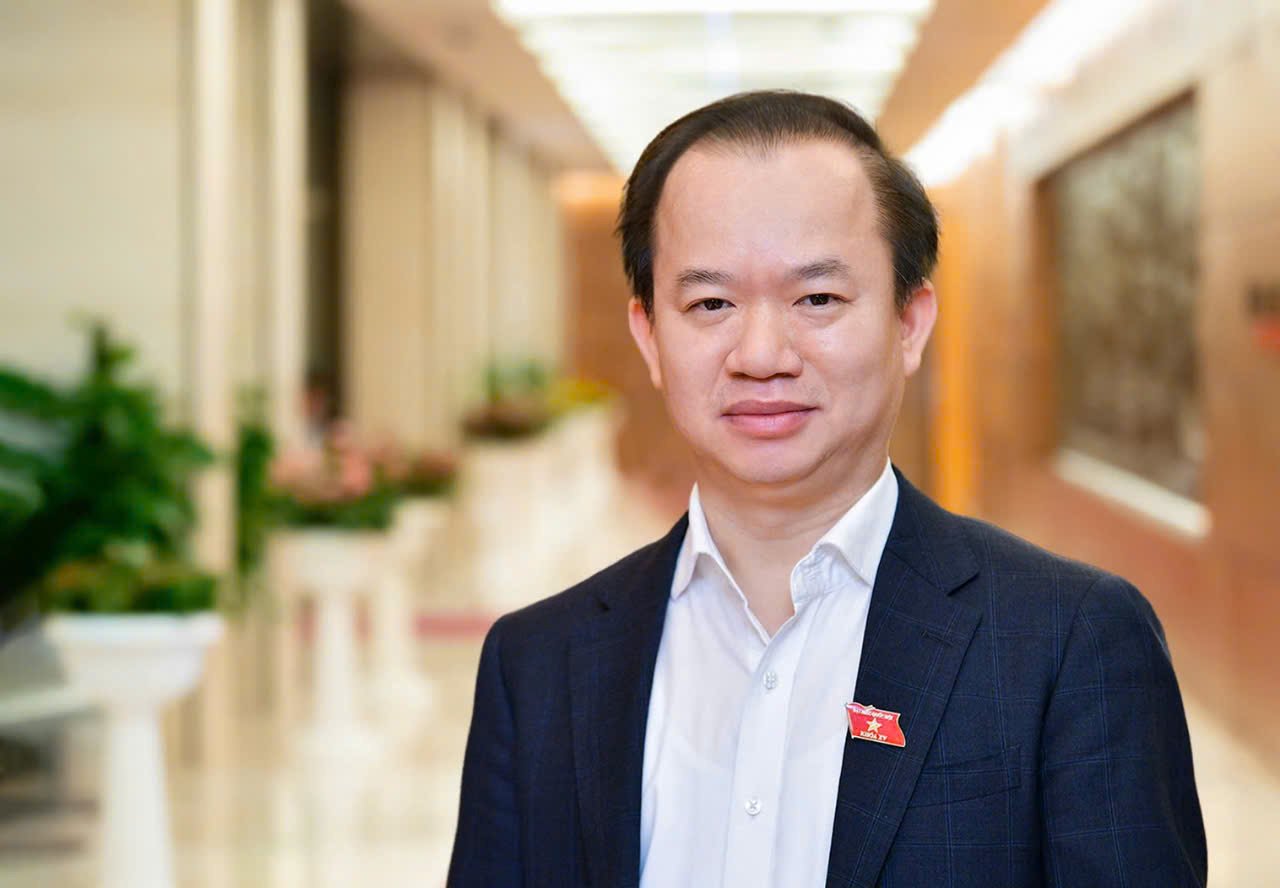
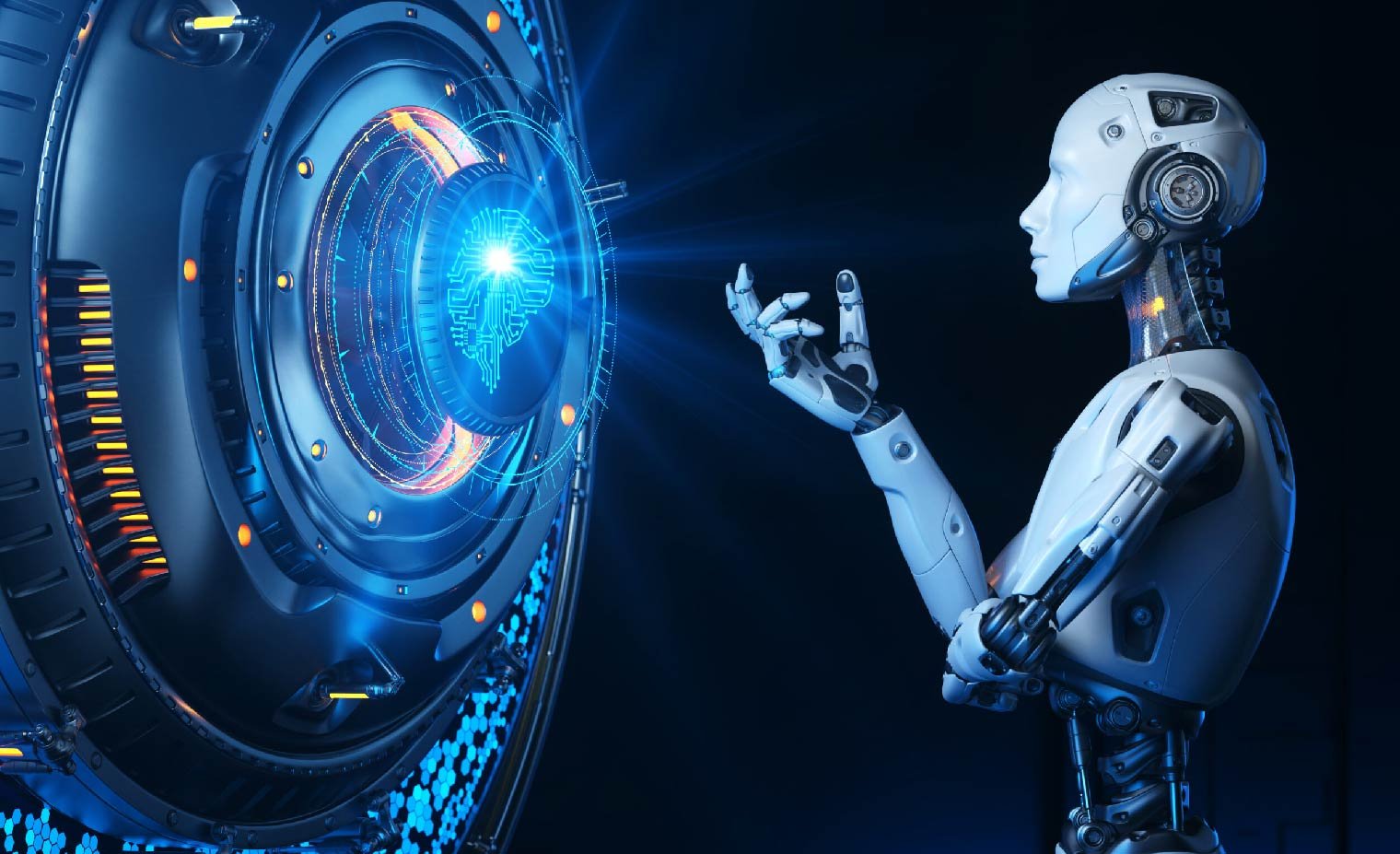

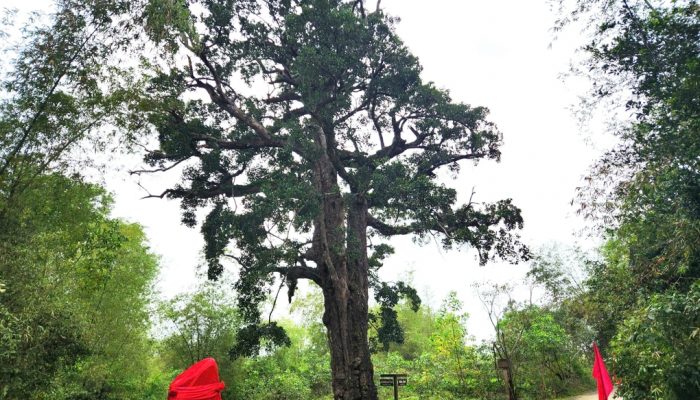
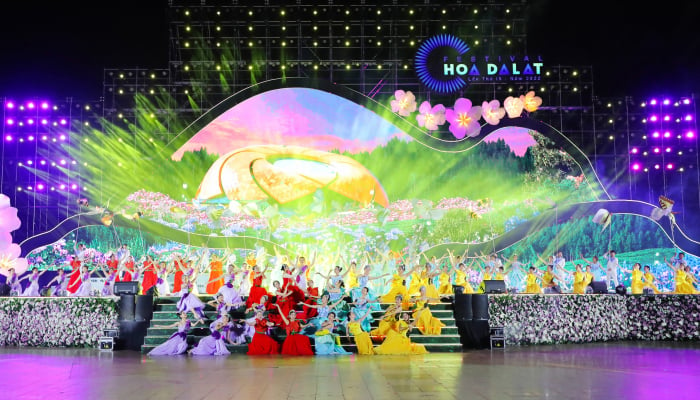
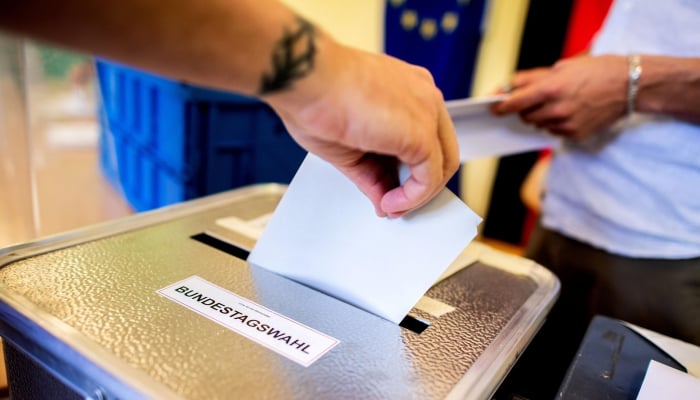
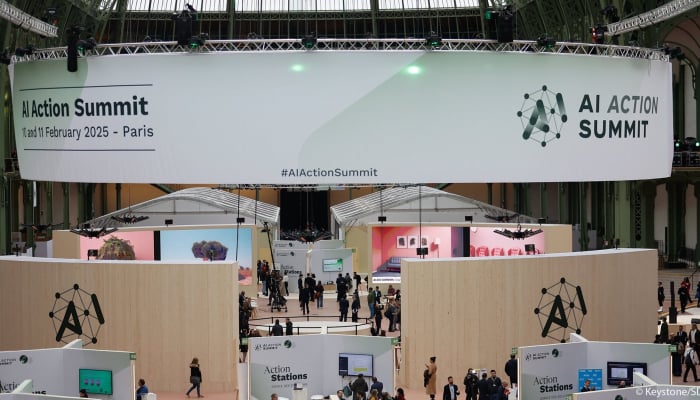
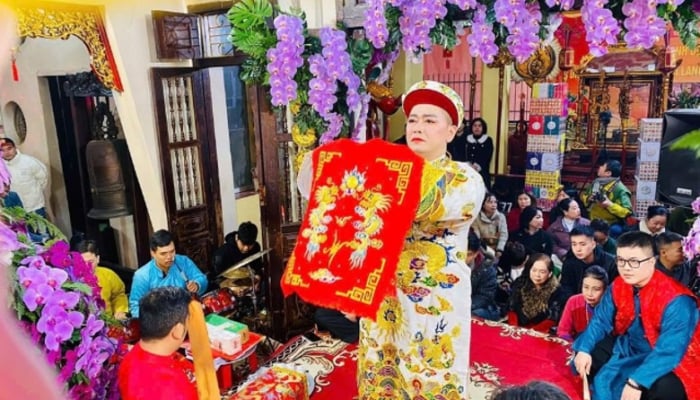







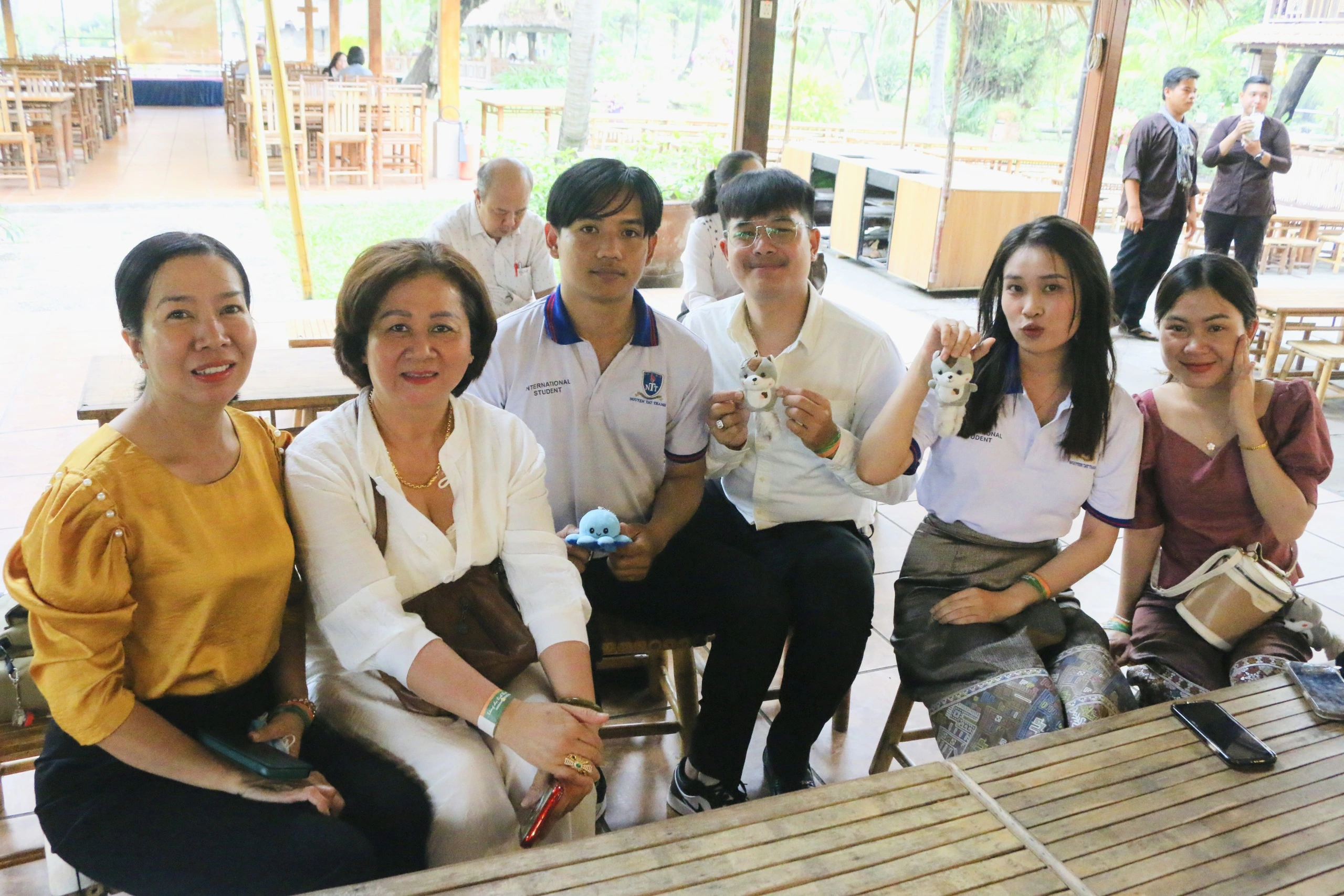


Comment (0)